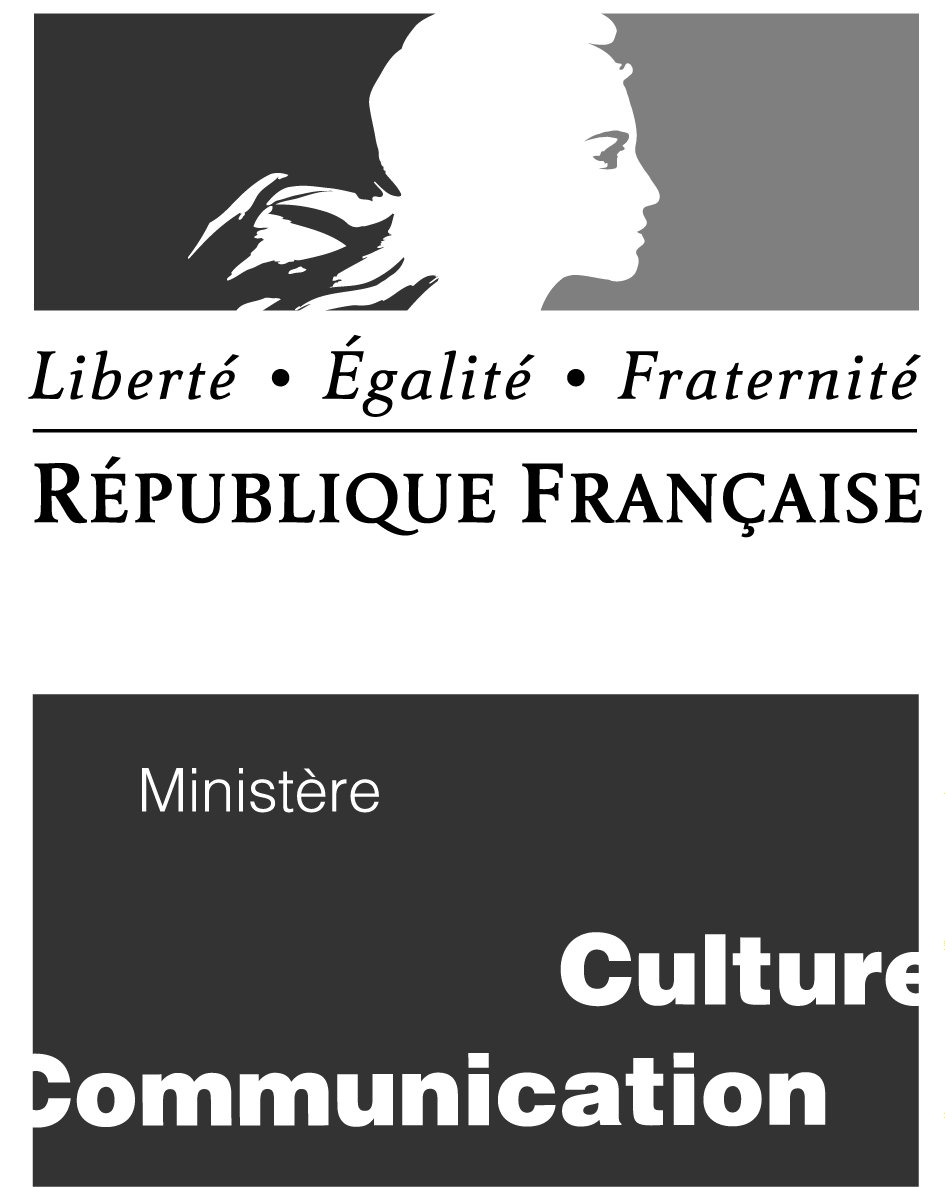In the summer of 2015, Cecilia Bengolea and François Chaignaud were the first choreographers invited by the TanzTheater Wuppertal Pina Bausch to create an original piece for the company since the loss of the choreographer. They created The Lighters – Dancehall Polyphony, where meet and derive the polyphonic repertoire of English madrigals from the Renaissance to the Dancehall of Kingston’s streets.
For their new piece for their own company, they decided to continue this research and explore these practices and contrasts. They invited five ballerinas and collaborators specialized in the Dancehall to join them in the exploration of song and dance.
Fascinated by the rhythmic complexity of Jamaican Dancehall, Cecilia Bengolea has been exploring this musical and choreographic culture born in 1960s Jamaica for few years. Dancehall is a lifestyle that resists power structures, a denunciation of oppressive ideologies. It is an outlet for the violence and competition to which the youngest populations of Kingston’s ghettos are subjected to. Cecilia Bengolea regularly travels to Jamaica, where she has met two star dancers in this form (Damion BG Dancerz and Giddy Elite Team), and integrated Verbnation, a group of dancers composed of male gangsters from Kingston. These courageous young people, refusing to subject themselves to the cheap labour that constitutes new forms of slavery and exploitation, attempt with the utmost ingenuity to survive through self-expression. What results is a dance that is combative and defiant, technical and rhythmic. For this project, she learned their dances to develop a choreographic language between narrative and abstraction.
Moved by a dream to sing and dance simultaneously, François Chaignaud has pursued the study of traditional Georgian vocal polyphony (for three or four bodies and voices). This repertory, which is sometimes quite ancient (certain songs still sung today originate from before Christianity), is considered both a tradition and a living, breathing element of daily life. The repertory is quite varied with respect to region and the function of each song. The majority of songs are composed for three voices, creating specific frictions and vibrations.
Outside of Georgia, this repertory is relegated to folkloric contexts. Its richness, nuance, and emotional power, however, can be precious and inspiring resources to associate it to other contexts and other vocal repertories (notably the beginnings of French polyphonic music written in the 13th century). Excited by the immense technical challenges (precision, synchronisation, vocal projection…) that singing and dancing these powerful polyphonies a capella present, François Chaignaud dreams of a total mode of expression by which bodies create an event that is at once musical, vocal, visual, and kinetic.
By taking on a methodology of research before bringing together and composing the choreographic and musical material that will emerge from it, François Chaignaud and Cecilia Bengolea affirm both their passion for choreographic and artistic practices outside of contemporary dance’s field of reference and their desire to create a mode of expression that is specific, analytical, abstract, and humorous from experiences with these heterogeneous languages. This work calls upon the diversity and specificity of the genealogies and sources encountered as much as it emancipates itself from them to create unexpected figures and forms, reconciliations and combinations freed from the original references. They thus pursue their longstanding research founded on a curiosity, as much anthropological as it is formal, about choreographic and musical forms of expression.
CREATION TEAM
Conception Cecilia Bengolea, François Chaignaud
Choreographic collaboration Damion BG Dancerz, Joan Mendy
Performers Cecilia Bengolea, Damion BG Dancerz, François Chaignaud, Valeria Lanzara, Erika Miyauchi, Shihya Peng, Craig Williams
Technical manager, lighting design and dramaturgy collaboration Jean-Marc Segalen
Video Giddy Elite Team
Sound mix Clément Bernerd
Vocal coaches Cécile Banquey, Baptiste Chopin, Alix Debaecker, Eugénie de Mey, Marie Picaut, Celia Stroom
Costumes – Conception Cecilia Bengolea, François Chaignaud – Manufacturing: Méryl Coster, Florence Demingeon, France Lorenzi
Administration – Production Anne Reungoat, Jeanne Lefèvre, Céline Peychet
Tour planning: Sarah De Ganck/ART HAPPENS
COPRODUCTION
Bonlieu Scène nationale Annecy and La Bâtie-Festival de Genève as part of the programme INTERREG France-Switzerland 2014-2020, Club Création Entreprises Annecy, l’Echangeur–CDC Hauts-de-France, Biennale de la Danse de Lyon 2016, Festival d’Automne à Paris/Les Spectacles vivants-Centre Pompidou, Opéra de Lille, deSingel Antwerp, Salder’s Wells London, CCN2–Grenoble (Accueil Studio), CDC Toulouse/Midi-Pyrénées, CNDC–Angers (Accueil Studio), PACT Zollverein Essen, Gessnerallee Zürich, La Pop Paris
SUPPORTS
Institut Français Paris (2014–2015), FIACRE Fonds d’Innovation Artistique et Culturelle en Auvergne-Rhône-Alpes (2015), Ménagerie de verre Paris (Studiolab), CND Pantin (residency)
SPECIAL THANKS TO
To all Jamaican dancers who accompanied the creation DFS: Dancing Rebel, Giddy Elite Team, Nicky Trice Rifical Team, O’shean & Suns French Squad and Rudey Legacy; and to Mélodie France, Geoffroy Jourdain (les Cris de Paris) and Elodie Tessier.



